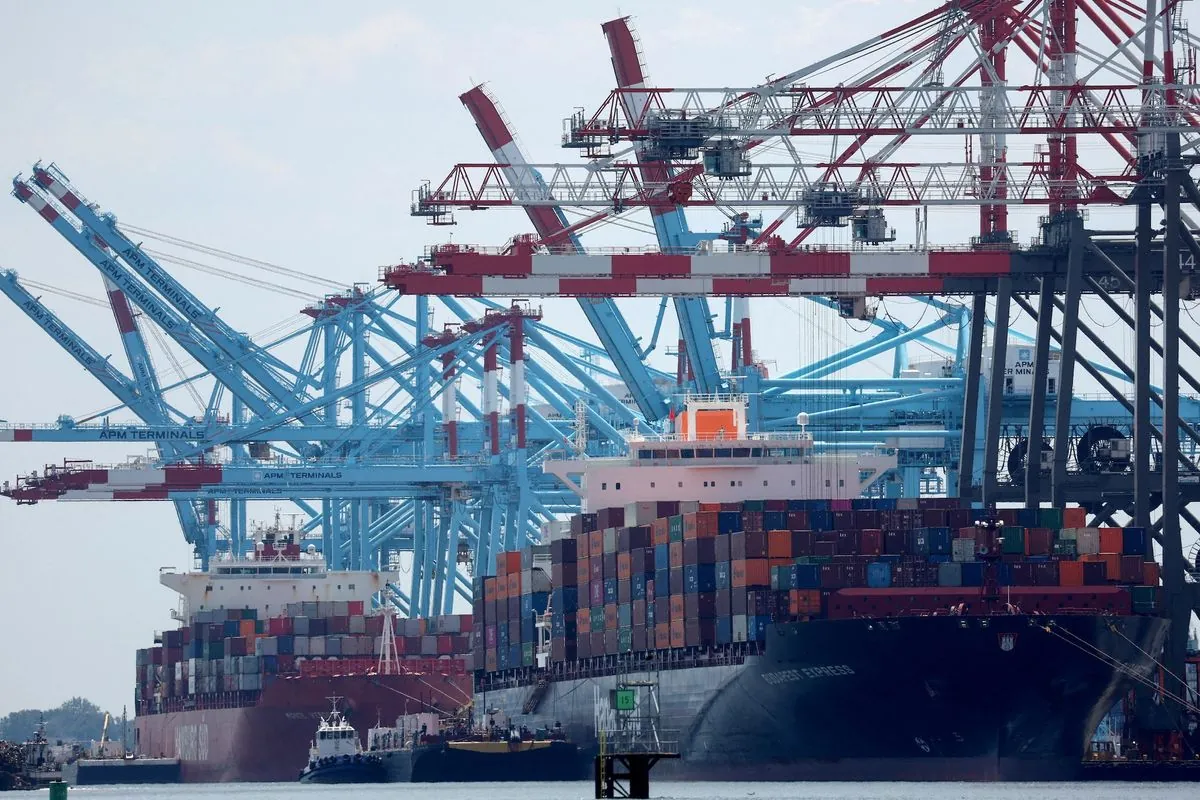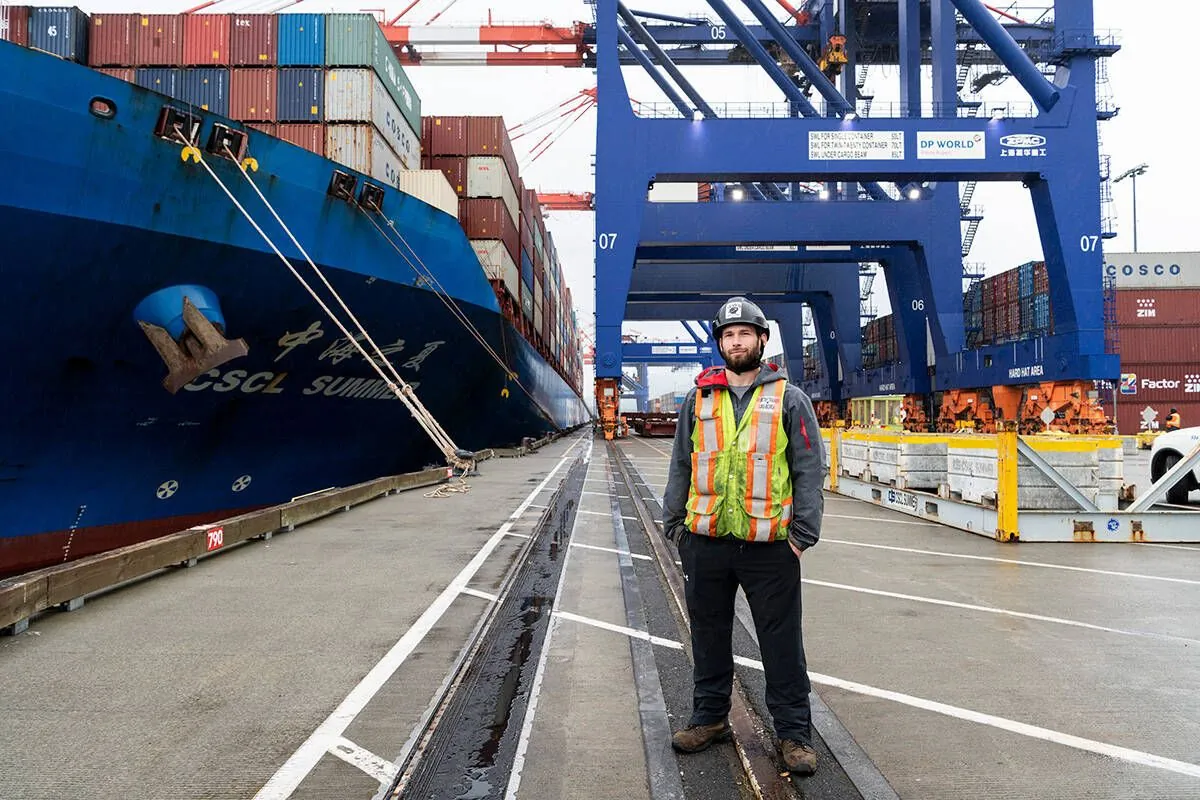East and Gulf Coast Ports Brace for Potential Strike, Threatening $5B Daily Impact
Port workers threaten first coast-wide strike since 1977, risking major economic disruption. Negotiations stall over pay and automation as retailers rush to stock up before potential shutdown.

The International Longshoremen's Association (ILA), representing 45,000 port workers, is poised to initiate a strike at East and Gulf Coast ports, potentially causing significant economic repercussions. This labor action, set to commence on October 2, 2024, at 12:01 a.m. ET, would mark the first coast-wide ILA strike in 47 years, affecting ports that handle approximately half of the nation's ocean shipping.
The dispute centers on wage negotiations and terminal automation projects, with the ILA claiming that the United States Maritime Alliance (USMX) has failed to address long-standing wage issues. The economic impact of such a strike could reach an estimated $5 billion per day, affecting various industries and potentially stoking inflation.

The ILA, founded in 1892, has a long history of representing dockworkers. The current impasse highlights the ongoing challenges in the maritime industry, which has seen significant transformations since the containerization revolution of the 1950s. Major ports like New York and New Jersey, Houston, and Savannah could face substantial disruptions if the strike proceeds.
"These people today don't know what a strike is. I'll cripple you. I will cripple you."
The Biden administration has urged both parties to negotiate, emphasizing the need for good-faith discussions. However, President Biden has indicated he does not intend to intervene directly, despite the potential for invoking the Taft-Hartley Act of 1947, which allows for a mandatory 80-day cooling-off period.
Retailers and businesses reliant on ocean shipping are implementing contingency plans. Many have accelerated imports of holiday merchandise to mitigate potential disruptions. Companies like Walmart and Costco report taking measures to minimize impact, but smaller businesses may face greater challenges.
The strike threat comes at a critical time, with the US presidential election approaching in November 2024. The situation underscores the delicate balance between labor rights and economic stability, particularly in crucial infrastructure sectors like maritime shipping.
As negotiations remain stalled, the potential strike looms large over ports from Maine to Texas. The outcome could have far-reaching implications for the US economy, international trade, and the upcoming election season.


































